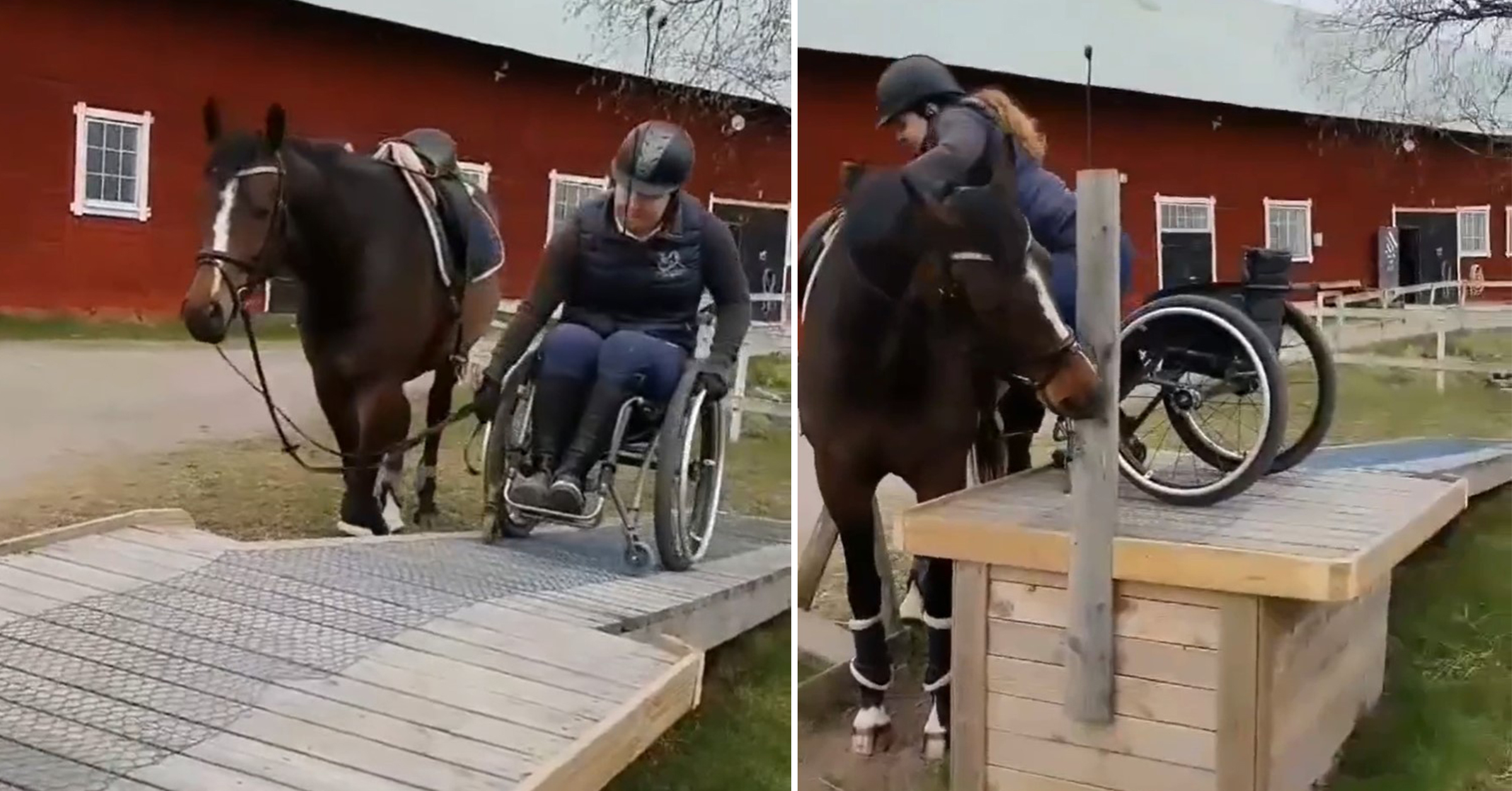Around one in every four people in the U.S. has a disability that impacts major life activities, reports the CDC, with the most common disability (mobility) affecting one in seven adults. There are six different categories of disabilities (mobility, cognition, hearing, vision, independent living, and self-care), and many of these can be improved through equine therapy.

But a disability does not have to limit a person from riding horses. Because horseback riding rhythmically moves the rider’s body in a manner similar to a human gait, riders with physical disabilities often show improvement in flexibility, balance, and muscle strength.
Firstly, it requires the rider to adapt to the horse’s swaying movements. Secondly, it motivates the individual to take part in their own rehabilitation proactively. Finally, a horse transmits 3D, rhythmic impulses to the rider, which are similar to the movements that occur when one is walking on the ground.

Also, a growing number of physical and occupational therapists are using horses in treatment, contending that the physical rigors of riding strengthen the limbs and muscles of people with cerebral palsy, multiple sclerosis, paraplegia, and other disabilities. And this is also good for children. Riding them, grooming them, and helping to take care of them can help children with different disabilities improve their speech, cognitive abilities, and social-emotional skills, to name a few.
A disabled rider should be able to mount at the beginning and dismount at the end of a riding lesson in a dignified manner that is safe for the rider, the horse, and the helpers.

People who ride a horse regularly know how enjoyable and fulfilling the experience can be. For many, “liberating” is the word of choice to discover the sensation of moving at a certain velocity while putting one’s trust in such a majestic animal. Horse riding is also an effective therapy for a host of neurological, cognitive, and physical conditions. If you or a family member has a disability, consult with your doctor about whether or not equine therapy would make an excellent complement to your treatment plan.
